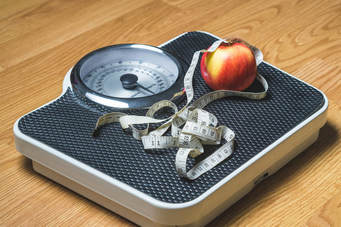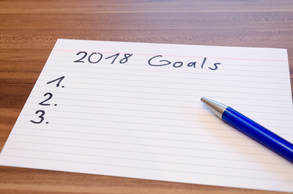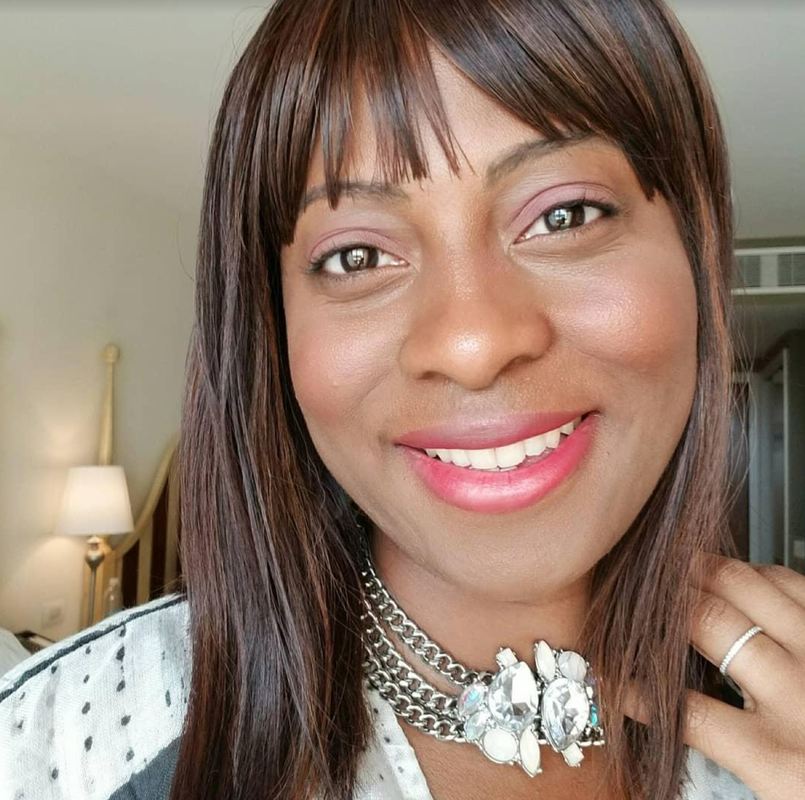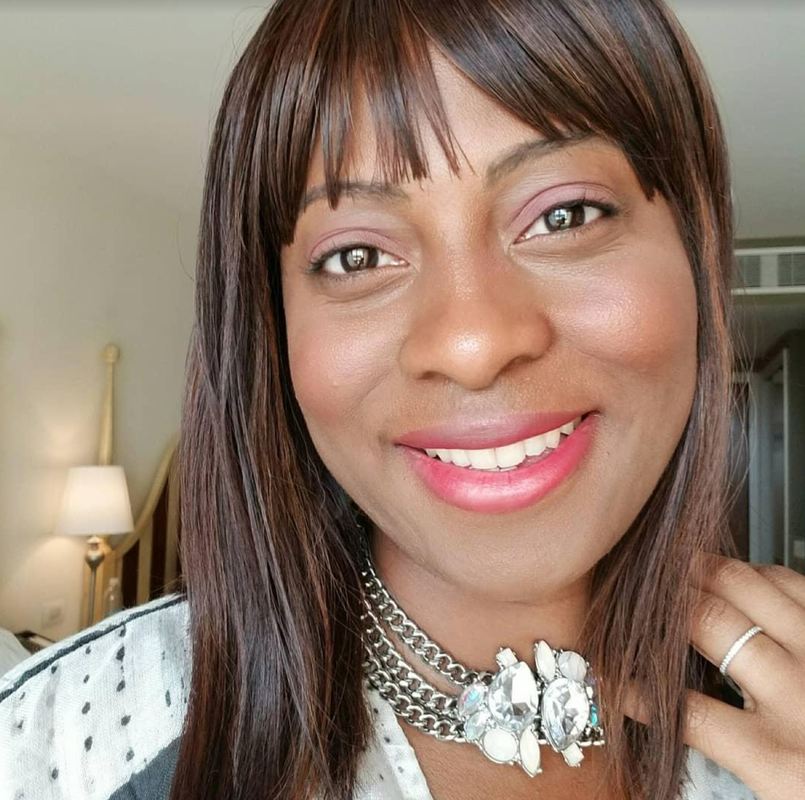I think that New Year’s resolutions are a way to set ourselves up for failure. How many times did you or someone you know vow to exercise more, eat healthier food, learn a new language, lose weight on New Year’s Eve? How many times did you keep up with these resolutions?
Year after year, my resolution was to eat healthier food and lose weight. I gained weight and I wasn’t eating healthier food. I was so frustrated with myself because I couldn’t understand why I wasn't doing what I knew was right for myself.
If this sounds familiar, don’t feel bad. Research has shown that less than 10% keep up with their New Year’s resolution for more than a few months.

But, changing habits is not as easy.
With new resolutions, we think about what we want to change without defining the new behavior; we go for general behavior instead of specific small actions we need to take to reach our goals. Sometimes, we are not even committed to our new resolutions because they are based other people’s expectations. To be successful, new resolutions require new behaviors and new behaviors are tied to our small daily habits.
So what to do?
I call it this my F.C.B.T.D.R System.
Focus on changing small habits instead of focusing on new resolutions: here, you will focus on changing your lifestyle.
Choose only one habit to change at a time. It is essential here to choose to change the habit that has the most impact. Then, be patient with yourself. Recent studies showed that it takes 60 days to create a new habit. For me, I noticed that, even though I wanted to lose weight and eat healthier food, my most important habit to have was to sleep at least seven hours per night. I wanted to change so many things, but I was too tired to even overwrite my default mode. I needed to sleep more and be well rested, so I could say no to one more cookie. I noticed that focusing on the new good habit instead of the old habit I wanted to change also worked great.
Beware of Your Nature. If there is something that absolutely helps you achieve your goals, take it into consideration. What does this mean? Let's say you want to exercise regularly, you know you need to find time to go to the gym. If you're not a morning person, you shouldn't plan on waking up earlier. You know you won't be able to do it regularly. So, make sure that you plan to go later in the day.
Keeping a journal is essential here: it helps so much to learn about ourselves. Write down your successes or failures, and, once a week, review it to find out your patterns. What works for you and what doesn’t. Then, refine your plan as you go. There is no right or wrong here; this is the space to find out and define what works for you.
Take small steps: Simply start with small victories. Choose some small new actions that are easy to do for at least one week. Why? This would help you to create more momentum and not be discouraged. Psychology today says “…Because you are trying to establish a conditioned response, you need to practice the new habit from the existing stimulus from 3 to 7 times before it will "stick" on its own. To help you through this 3 to 7 times phase make it as EASY as possible.” Once you have small victories, the big ones will follow. One book that helped me is Mini Habits: Smaller Habits, Bigger Results from Stephen Guise. It describes how taking the first step is one of the most important thing to do if one wants to change habits.

- The decision stage
- The preparation stage
- The action stage
- The competition/maintenance stage
We need to relax and try our best every day to reach our goal. For me, it was important also to learn that it was okay to fail. It’s not about being perfect every day, but about being better at what we do over a long period of time.
Rewards are important: We need to reinforce our good behavior. Rewards are one of the best ways to stay motivated and continue on our journey toward our goals. Theodore Bryant suggests that we create a guilt-free reward list. The rewards can be as simple as getting a cup of tea, going to a movie, or going to feed the ducks. We need something to look forward to when we decide to be disciplined.
Focus on the right behavior, start with your most impactful habit, and learn about yourself and how your own behavior can help the process.
Start small with easy actions, be disciplined, and reward yourself for every good behavior.
Give this a try, I hope it works as well as for you as it worked.
Write to me and let me know how it’s going. We can all effectively change; we just need to do it in a way that works us!!
Happy Belated New Year,
Xoxo, Nina



 RSS Feed
RSS Feed